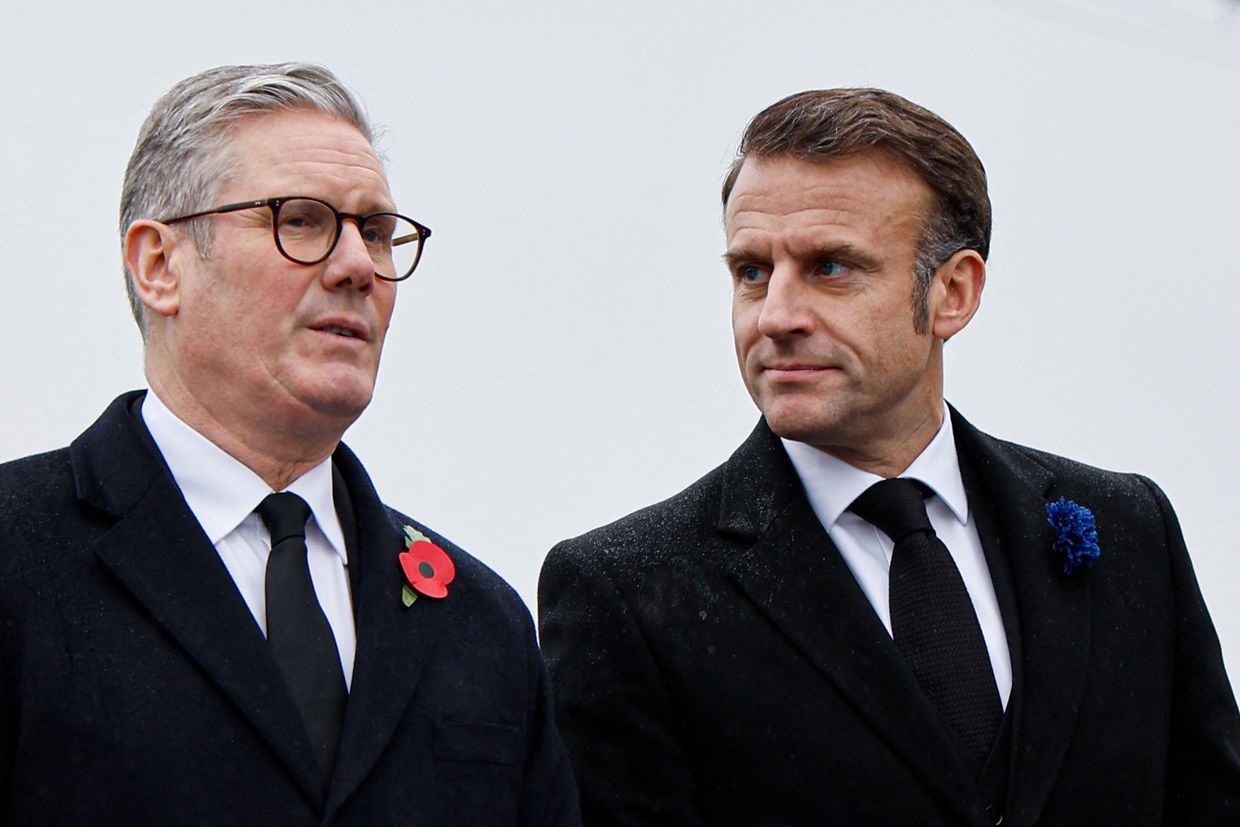Weimar+ group pledges more aid to Ukraine, weighs new Russia sanctions

The Weimar+ group announced on March 31 that it would increase aid to Ukraine while considering additional sanctions on Russia to pressure Moscow into a ceasefire, Reuters reported.
Foreign ministers from Spain, Germany, France, Italy, Britain, and Poland, along with EU foreign policy chief Kaja Kallas, called on Russia to agree to an "immediate and unconditional ceasefire on equal terms and with full implementation."
Moscow has refused a full 30-day ceasefire agreed upon by the U.S. and Ukraine in Jeddah on March 11, insisting on conditions that would undermine Kyiv’s defenses, such as a halt to foreign military assistance.
Although Washington brokered a partial truce in March, Russian forces attacked Kherson’s energy infrastructure on March 27, despite earlier claims that they had imposed a moratorium on such strikes since March 18.
The Weimar+ countries pledged to ramp up military, political, and humanitarian aid for Ukraine and warned that they are prepared to impose further sanctions on Moscow to ensure Kyiv secures the "best possible position to achieve a just and lasting peace."
Any future peace agreement must include reliable security guarantees for Ukraine, the group said, emphasizing that they are "ready to play a leading role in this regard."
They also rejected any settlement that would limit Ukraine's defense industry or restrict the presence of partner countries' military forces on Ukrainian soil.
U.S. President Donald Trump claimed on Feb. 24 that Russian President Vladimir Putin would allow European peacekeepers to operate in Ukraine as part of a settlement, though Russian Foreign Minister Sergey Lavrov publicly rejected the idea.
The meeting took place on the third anniversary of Ukraine’s recapture of Bucha, where Russian forces left behind mass graves and bodies of executed civilians in the streets.
The Weimar+ group reaffirmed its commitment to holding Russia accountable for war crimes and supporting efforts to establish a special tribunal within the Council of Europe.
The statement also stressed that Russian assets frozen by Western countries should remain inaccessible until Moscow ends the war and pays reparations for the destruction it has caused.
After Russia launched its full-scale invasion in February 2022, around $300 billion in Russian assets were frozen, with roughly two-thirds held in Europe.
While Ukraine has received loans backed by interest accrued on these funds, Kyiv has repeatedly urged full confiscation to finance its defense and reconstruction.
Weimar+ is a European diplomatic and geopolitical alliance introduced in February 2025 to expand the original Weimar Triangle, which included France, Germany, and Poland.
The alliance was formed in response to shifts in U.S. policy under Trump, particularly after his direct negotiations with Russian President Vladimir Putin on war in Ukraine, which excluded European participation.











